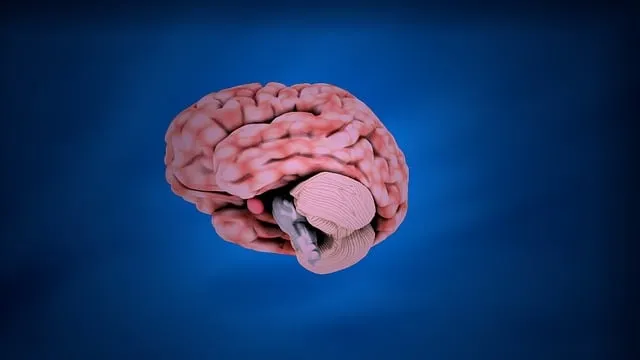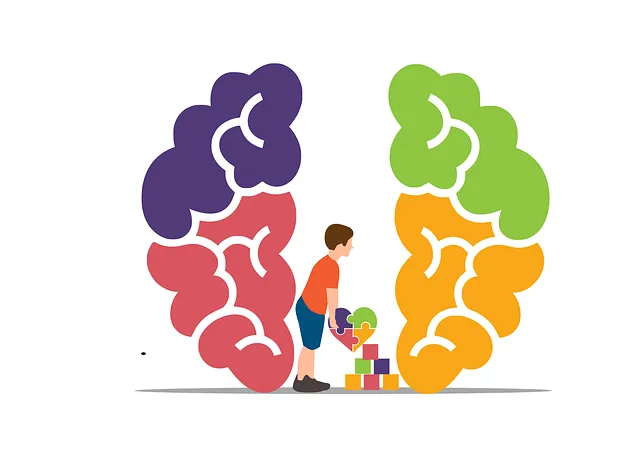Kaiser Permanente's mental health facility in Castle Rock leverages advanced analytics for data-driven care. By analyzing trends in conditions like anxiety, depression, and trauma from EHRs and patient surveys, the facility gains insights into community mental health needs. This enables them to tailor interventions, improve patient safety through Risk Management Planning, and achieve better outcomes with personalized care plans that evolve over time, ultimately enhancing the well-being of Castle Rock residents.
At Kaiser Permanente’s Castle Rock mental health facility, data analysis plays a pivotal role in improving patient care. This article delves into the intricate process of understanding, analyzing, and interpreting mental health data, highlighting key strategies employed by Kaiser Permanente. We explore how data-driven insights enable informed decisions, foster continuous improvement, and ultimately enhance patient outcomes at this leading mental health facility. By examining trends and patterns, healthcare professionals can navigate the complex landscape of mental health care more effectively.
- Understanding Mental Health Data at Kaiser Permanente Castle Rock
- The Process of Data Analysis for Insights and Improvement
- Interpreting Findings to Enhance Patient Care and Outcomes
Understanding Mental Health Data at Kaiser Permanente Castle Rock

At Kaiser Permanente Castle Rock, understanding mental health data is paramount to delivering effective care. This mental health facility leverages advanced analytics and interpretation techniques to gain insights into patient populations, treatment outcomes, and risk factors. By analyzing trends in conditions like anxiety, depression, and trauma (supported by Trauma Support Services), healthcare professionals can identify patterns and tailor interventions accordingly. For instance, Risk Management Planning for Mental Health Professionals is enhanced through data-driven strategies aimed at improving patient safety and reducing adverse events related to mood management.
The facility’s approach involves comprehensive data collection from various sources, including electronic health records (EHRs) and patient surveys. This rich dataset allows for a nuanced understanding of mental health challenges within the community, enabling targeted initiatives. Through sophisticated analysis, Kaiser Permanente Castle Rock ensures that care is not only personalized but also evidence-based, ultimately fostering better outcomes and enhanced well-being among its patients.
The Process of Data Analysis for Insights and Improvement

At Kaiser Permanente mental health facilities like the one in Castle Rock, data analysis plays a pivotal role in understanding patient needs and enhancing care delivery. The process begins with meticulous data collection, where patient records, surveys, and feedback forms are diligently reviewed. This initial step is crucial for identifying trends and patterns that might otherwise go unnoticed.
Once gathered, raw data undergoes rigorous cleaning and preprocessing to ensure accuracy and completeness. After this preparation, advanced statistical techniques and machine learning algorithms come into play. These tools help in uncovering insights related to various aspects of mental health, such as treatment effectiveness, patient satisfaction, and risk factors for specific conditions. For instance, analyzing survey responses from patients who participated in Stress Management Workshops Organization programs can reveal improvements in stress levels and the impact of these workshops on overall well-being. Similarly, evaluating outcomes from Mental Health Education Programs Design can inform future initiatives aimed at better managing and preventing mental health issues within the community.
Interpreting Findings to Enhance Patient Care and Outcomes

At the Kaiser Permanente mental health facility in Castle Rock, interpreting data findings is a cornerstone for enhancing patient care and improving outcomes. By meticulously analyzing trends within the population, healthcare professionals can pinpoint areas where tailored interventions are most needed. For instance, identifying a rise in anxiety disorders among young adults might trigger the development of specialized programs, such as Mental Wellness Coaching or Mindfulness Meditation workshops, designed to bolster resilience and coping mechanisms.
This proactive approach, supported by data-driven insights, ensures that services align with the evolving mental health needs of the community. Additionally, tracking patient progress over time allows for a fine-tuned assessment of treatment effectiveness, enabling healthcare providers to refine strategies and personalize care plans accordingly. Ultimately, these efforts contribute to fostering inner strength development and enhancing the overall well-being of individuals within the Castle Rock community.
Mental health data analysis is a powerful tool at Kaiser Permanente Castle Rock, enabling us to gain valuable insights from patient information. By understanding this data, we can streamline processes, enhance patient care, and ultimately improve outcomes for individuals seeking support at our mental health facility. Through rigorous analysis and interpretation, we aim to revolutionize the way we approach mental wellness, ensuring a brighter future for all our patients.






